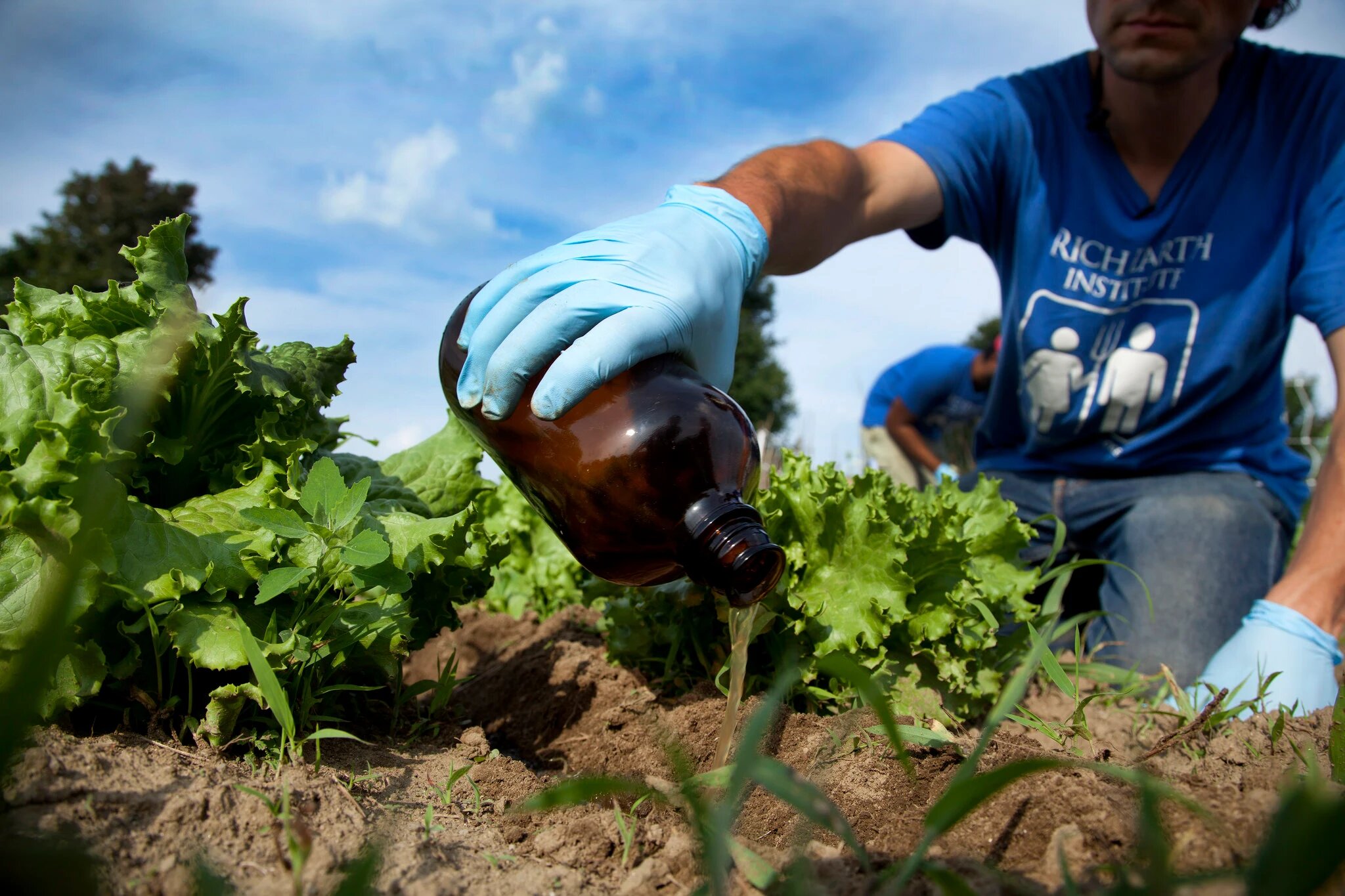Many gardeners wish to avoid using chemical fertilizers in their gardens to improve the quantity and quality of the yield. Human urine is one of the alternatives that can be used. However, still some gardeners have doubt about it. Therefore, in this article will answer the most frequent question, Human Urine As Fertilizer. Is Peeing On Your Plants Healthy?
What is Urine?
Human Urine is a liquid waste produced by the kidney after filtering and cleaning the blood. 95% of urine is made of water and the other 5% is excess nutrients that our body is unable to use such as sodium, potassium, phosphorous and chloride, urea, and uric acid.
The main component of Urine is urea which is very rich in nitrogen. Nitrogen is essential for any plant to grow leaves. Thus, because of the amount of water and the other nutrients it contains, urine can be used as an effective alternative for chemical fertilizers.
The Impact of Urine on Your Garden
Human pee is not sterile but as mentioned above, it is rich in water and nutrient which is all what your garden needs from a fertilizer. Using urine as a fertilizer is not a new practice. In fact, urine is the oldest fertilizer humans have known.
Urine has different impact on different plants. It all depends on the type of plants and the nutrients they require. For example, it is not recommended to use urine to fertilize onion and potatoes as it contains a high level of nitrogen and these plants do not like nitrogen. But if you are growing leafy greens like kale or olive, then urine can be the best organic fertilizer to apply.
Scientifically speaking, research have shown that urine has a positive impact on the growth and production of plants. It has been tested on cereals in Europe and Africa, cabbage and spinach in South Africa, and bananas in India. The test results indicate that urine is an effective fertilizer.
How To Collect Urine?
Urine for fertilizing should be collected in covered containers outdoor your house to avoid the smell. It should not be used fresh; it is advised to store it in closed buckets for at least a couple of weeks. This way, you will protect it against pathogens.
The longer you store pee the better it becomes. a 2020 study published by the University of Michigan shows that storing urine for a period between 6 to 12 months decreases the level of ammonia and eliminates bacteria found in fresh urine.
Finally, please do not collect urine from people with illness. As stated before, human pee is not sterile, ill people may have urinary infection that may affect your plants.
How To Safely Apply Urine
Applying urine safely to your plants is crucial to get the expected results from this homegrown fertilizer. First, make sure to apply urine directly to the ground and not spray with it. Just like other organic fertilizer, it should not touch the leaves of the plants.
Now comes the question, how much urine should be applied? Urine should not be used alone. You will have to dilute it with water at 10:1 or 15:1 ratio. This is recommended for mature plants. However, if you’re using on young plants that need more nutrients, it is advised to apply it at 1:3 ratio.
If you are a home gardener, there is no issue with using urine. However, for commercial gardeners, it may not be allowed in all countries. Therefore, we recommend checking your country regulations before applying urine to your commercial garden.
To conclude, urine is as good as all other liquids for your garden. It is highly rich in nitrogen and will help leaf growth. However, it should not be your only or primary fertilizer. Also, it should be applied carefully in order not to affect the plants’ health.

